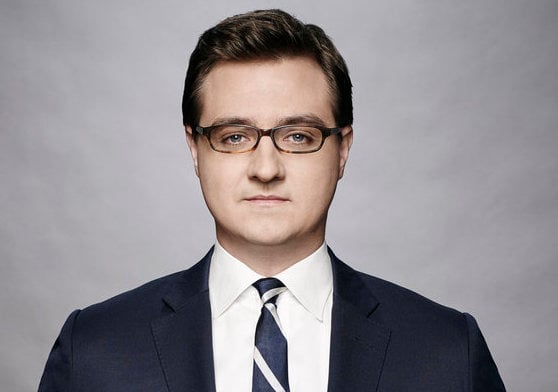We’re approaching nine weeks since Russia invaded Ukraine. And if, within that time, you’ve found yourself returning to the same inexplicable question—“Why?”—you’re not alone.
In times of war, we often turn to books for some semblance of an answer. That’s why we asked Evelyn Farkas, an American national security adviser, for her top recommendations. Deputy assistant secretary of defense for Russia, Ukraine, and Eurasia from 2012 to 2015, Farkas is an expert on the region. After poring over her record of books—she likes to keep track of what she’s read—she shared these six recommendations, both fiction and nonfiction, for those who’d like to better understand what set the stage for the current war.
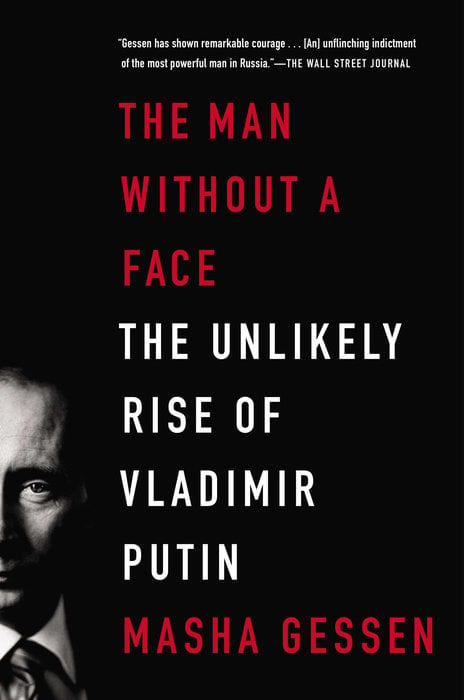
The Man Without a Face: The Unlikely Rise of Vladimir Putin
by Masha Gessen
Penguin Random House: nonfiction, 352 pages, $18
How did a “faceless” low-level KGB operative rapidly ascend to the Russian presidency? Masha Gessen, a Russian-American journalist, sets out for the answer. In doing so, she provides a comprehensive look into Vladimir Putin’s life.
What Farkas says: “This one is foundational. It describes in succinct terms how Putin came to power.”
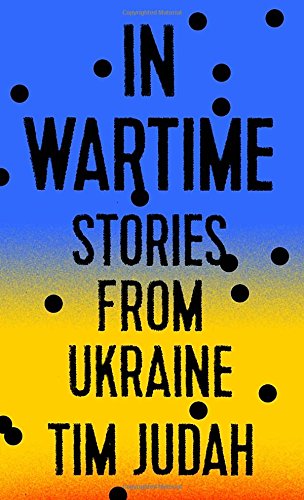
In Wartime: Voices From Ukraine
By Tim Judah
Tim Duggan Books: nonfiction, 290 pages, $10
Using a boots-on-the-ground approach, journalist Tim Judah weaves together the diverse—and sometimes conflicting—viewpoints of Ukrainians following the country’s violent 2014 revolution and Russia’s annexation of Crimea. Blending European history with the present circumstances, Judah brings to life Ukraine’s complicated situation as the country continues fighting a war of independence from Russia.
What Farkas says: “He brings home the war through the eyes of the people affected by it on the ground by firsthand interviewing his subjects and covering the first phase of the Russian war against Ukraine in 2014.”
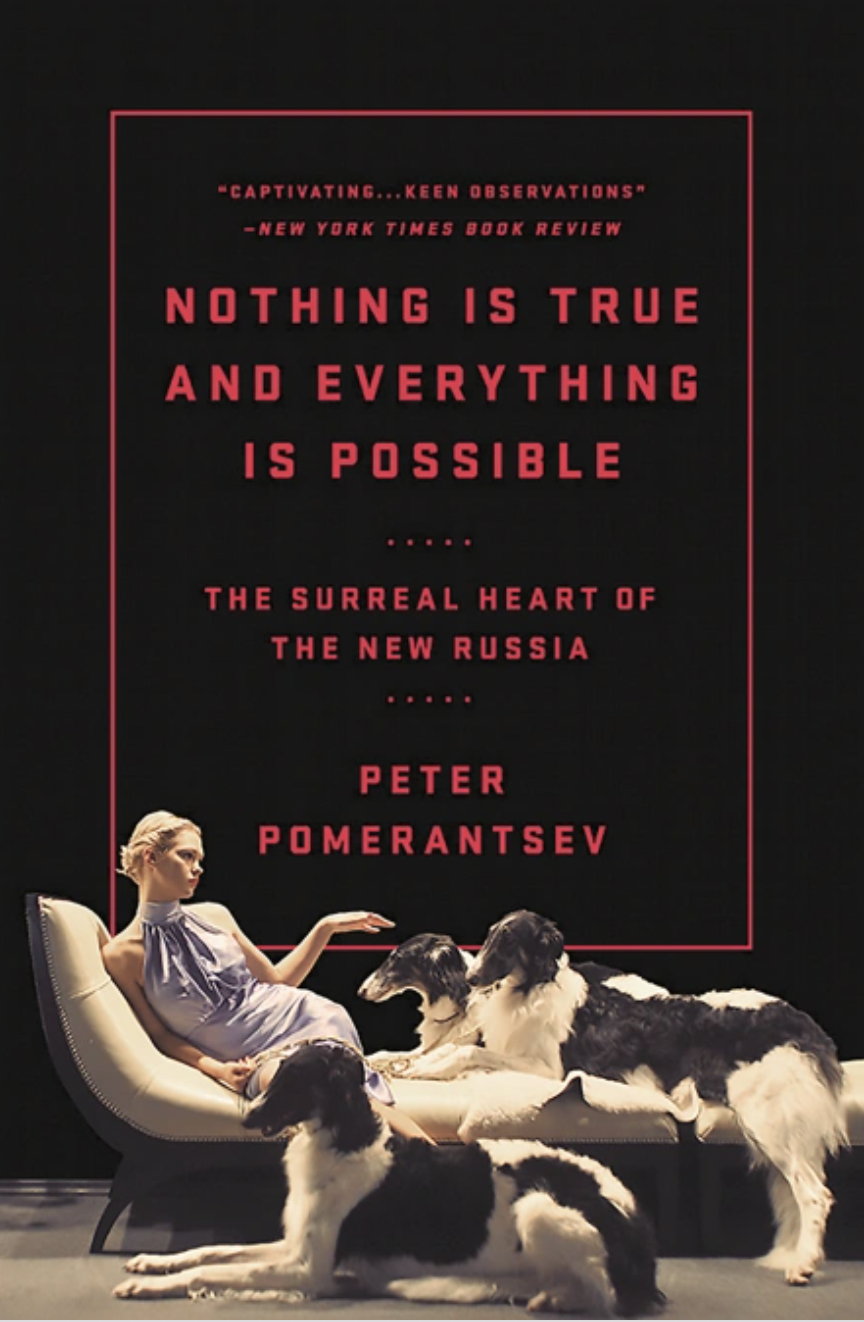
Nothing Is True and Everything Is Possible: The Surreal Heart of the New Russia
By Peter Pomerantsev
PublicAffairs: nonfiction, 256 pages, $18
For an inside view of how Russian state media produces propaganda, Farkas recommends Nothing Is True and Everything Is Possible. The son of Soviet dissidents and a former TV producer within Moscow, British journalist Peter Pomerantsev uncovers the madness of Russian disinformation campaigns.
What Farkas says: “He’s got a bird’s-eye view of what it was like to be part of that machine, giving you the perspective of someone who attended the staff meetings where they decided what the official message of the day would be, as dictated to them by the Kremlin. [He shares] how disinformation works to confuse the Russian public and ultimately make them indifferent to the truth.”
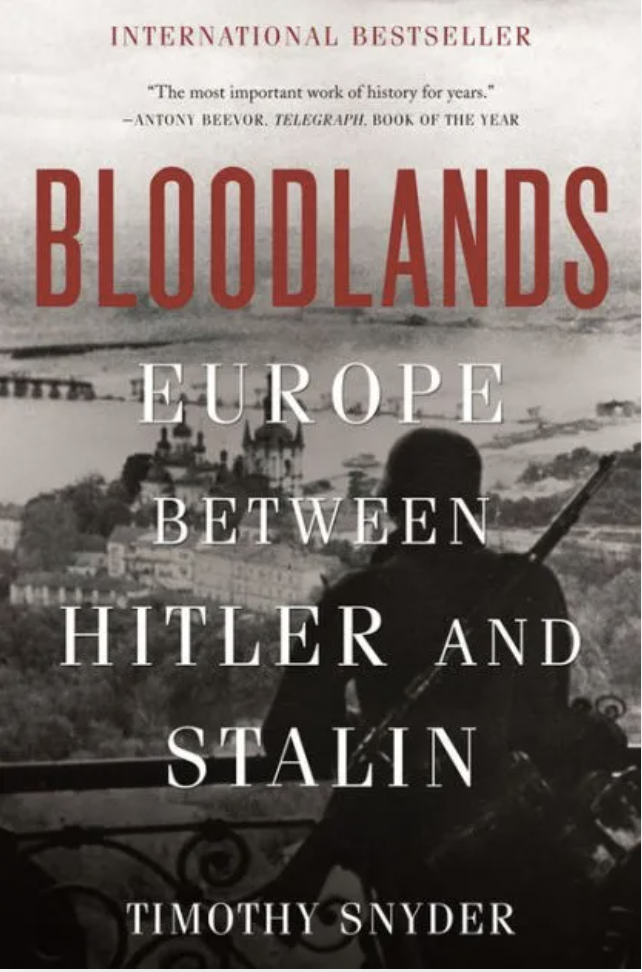
Bloodlands: Europe Between Hitler and Stalin
By Timothy Snyder
Basic Books: nonfiction, 544 pages, $16
Historian Timothy Snyder takes readers through the political, cultural, and ideological landscape of Eastern Europe during World War II. Referring to the region as “the bloodlands,” he details how millions of civilians were murdered by Joseph Stalin’s Soviet Union and Adolf Hitler’s Nazi Germany—two competing powers that mirrored each other despite their conflicting goals.
What Farkas says: “In order to understand all the scars and how we got to where we are today, it’s important to understand that these Eastern European countries, Ukraine in particular, are a territory where great powers fought. [This will help you] understand some of the current psychosis of why, if Putin says Nazis are in power in Ukraine, that that stirs the emotions of the Russian people.”
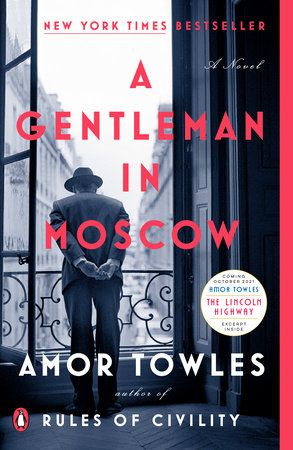
A Gentleman in Moscow
By Amor Towles
Penguin Random House: fiction, 480 pages, $18
It’s 1922 and Count Alexander Rostov is sentenced to house arrest after a Bolshevik tribunal deems him an unrepentant aristocrat. Spending his days in a luxury hotel across the street from the Kremlin, Rostov reflects on his life and a changing Russia in this work of fiction.
What Farkas says: “It’s really good and harkens back to disappearing worlds. This man is hanging on in the attic of this hotel, but he’s really a relic of an old time. He’s an aristocrat in communist Russia and, people like him, their days are numbered.”
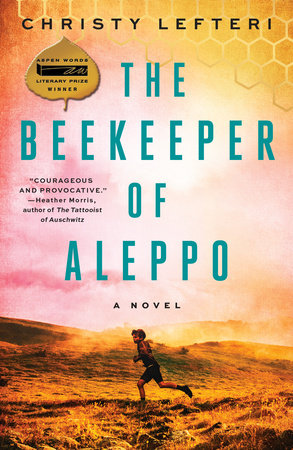
The Beekeeper of Aleppo
By Christy Lefteri
Penguin Random House: fiction, 384 pages, $17
The United Nations estimates that the current war has resulted in 5.2 million refugees thus far. For a deeper understanding of the refugee experience, Farkas recommends The Beekeeper of Aleppo. Based on her experiences volunteering in an Athens refugee center during two summers, Christy Lefteri humanizes the Syrian refugee crisis by following a fictional couple’s journey through Turkey and Greece. The couple, a beekeeper and an artist, had led pastoral lives before the Syrian civil war—a reminder of how war upends ordinary lives.
What Farkas says: “The way Russia is fighting this war is resulting in refugees, so if you want to understand what came before, The Beekeeper of Aleppo is very much based on real-life experiences of Syrian refugees. I think we kind of owe it to the Syrians, because all the war crimes that the Russians are committing in Ukraine, they were also committed in Syria.”









